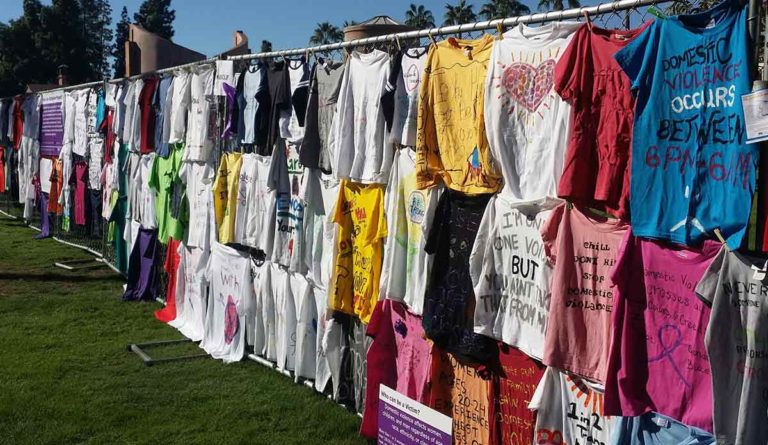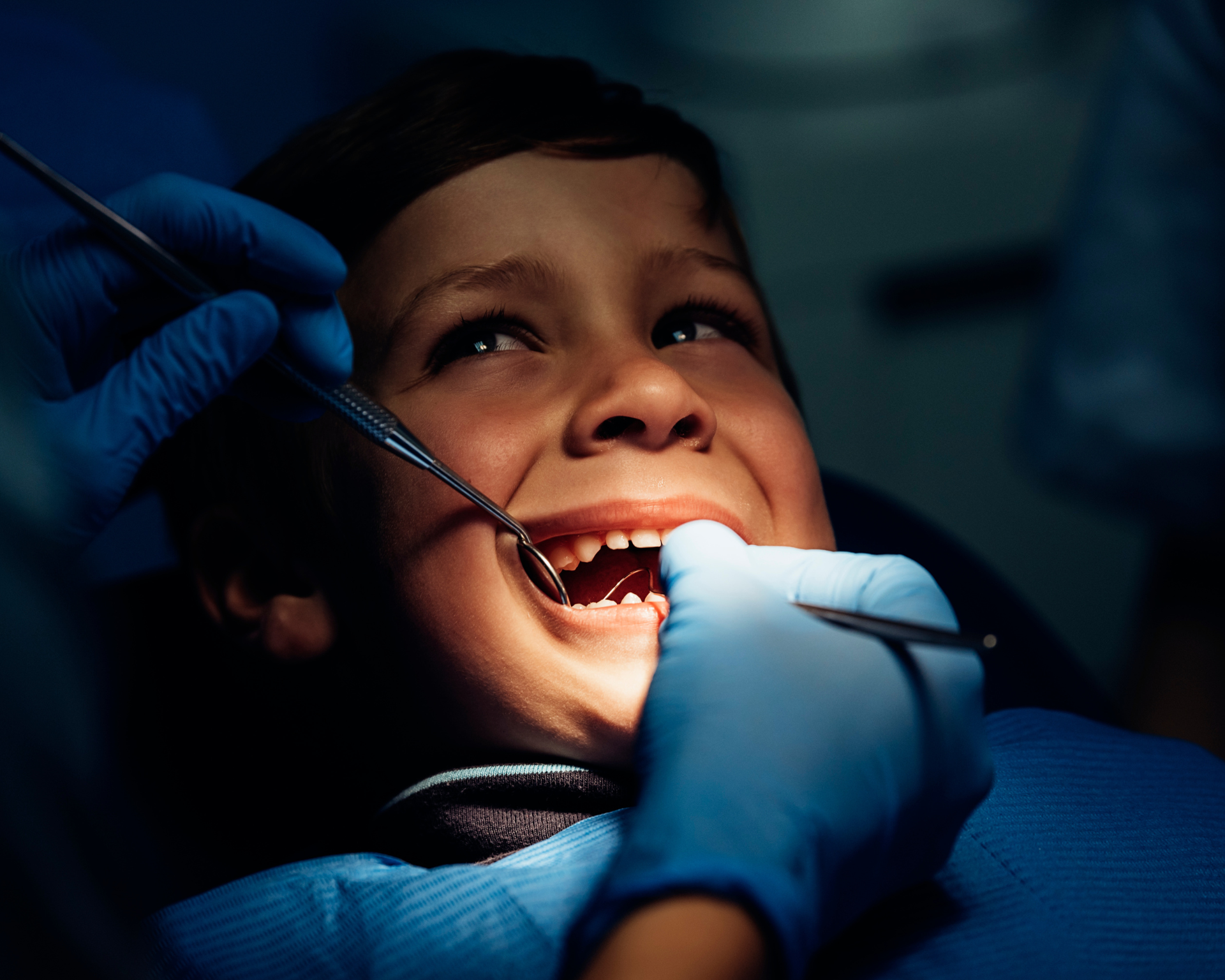Graduate Students and Campus Sexual Assault
Sexual violence on college campuses has been a focus of research and activism for decades, but most of the work and statistics on campus sexual assault focus on undergraduate students.

Read Time: 4 minutes
Published:
Around one in five women and one in sixteen men will be sexually assaulted while in college. Because of these high numbers, writers have deemed sexual assault both a “public health and public safety problem” and an “epidemic.”
Sexual violence on college campuses has been a focus of research and activism for decades, but it has become more commonly discussed over the last few years. Efforts to raise awareness about and prevent campus sexual assault are becoming more prevalent, such as with the It’s On Us campaign started by the White House Task Force to Prevent Sexual Assault in 2014.
Due to the lack of research on graduate students’ experiences of sexual assault, researchers at Rutgers University sought to focus on this group specifically.
Most of the work and statistics on campus sexual assault focus on undergraduate students. Due to the lack of research on graduate students’ experiences of sexual assault, researchers at Rutgers University sought to focus on this group specifically. Their recent study used data from a campus climate survey sent to both undergraduate and graduate students.
Results from over 9,000 survey responses were analyzed. The researchers specifically used data from survey questions relating to victimization, disclosure of sexual violence from peers, awareness of campus resources, sense of community, and confidence in the university to handle sexual assault cases appropriately.
Around five percent of graduate students reported experiencing sexual violence at their current university. This includes seven percent of female graduate students and one percent of male graduate students.
When asked if they had had a peer tell them about an experience of sexual violence, around 13% of graduate students said they had. In this group, over 15% had at least one male peer disclose being sexually assaulted, and 97% had at least one female peer disclose. Over half knew two or more women who disclosed being sexually assaulted, and over one-fifth heard the same from three or more female peers. Previous research found that students are more likely to tell peers about experiences of sexual violence than report them to formal authorities.
Graduate students were also significantly less confident than undergraduates about their ability to get help after an assault.
With regard to awareness of campus resources, graduate students scored between slightly and somewhat aware. Graduate students were significantly less knowledgeable about campus resources than the undergraduates. Graduate students were also significantly less confident than undergraduates about their ability to get help after an assault.
Both graduate and undergraduate students scored slightly above neutral when asked about how well their institution handled cases of sexual assault.
Since most efforts to educate students about sexual assault and related resources focus on undergraduates, the researchers discuss options for getting this information to graduate students. They cite previous research that focused on posting information about resources on graduate student websites. Universities can do more to ensure their graduate students are aware of the resources they need in the event they experience a sexual assault.
The number for the National Sexual Assault Hotline is 1-800-656-4673. RAINN (Rape, Abuse, & Incest National Network) also has an online hotline that is accessible 24 hours a day, seven days a week that can be accessed here.
Feature image: Installation of The Clothesline Project at Arizona State University. Photo by Dr. Alesha Durfee.
The Clothesline Project is made up of t-shirts created by survivors of incest, domestic violence and sexual violence, or created in honor of someone who has experienced violence. The mission of The Clothesline Project is to educate students and the community that violence is a problem everywhere, help is available, there is hope and a path to healing.
If you have been affected by sexual violence and wish to speak with your nearest sexual assault service provider, call the National Sexual Assault Telephone Hotline (RAINN) at 1-800-273-8255 or visit rainn.org.



